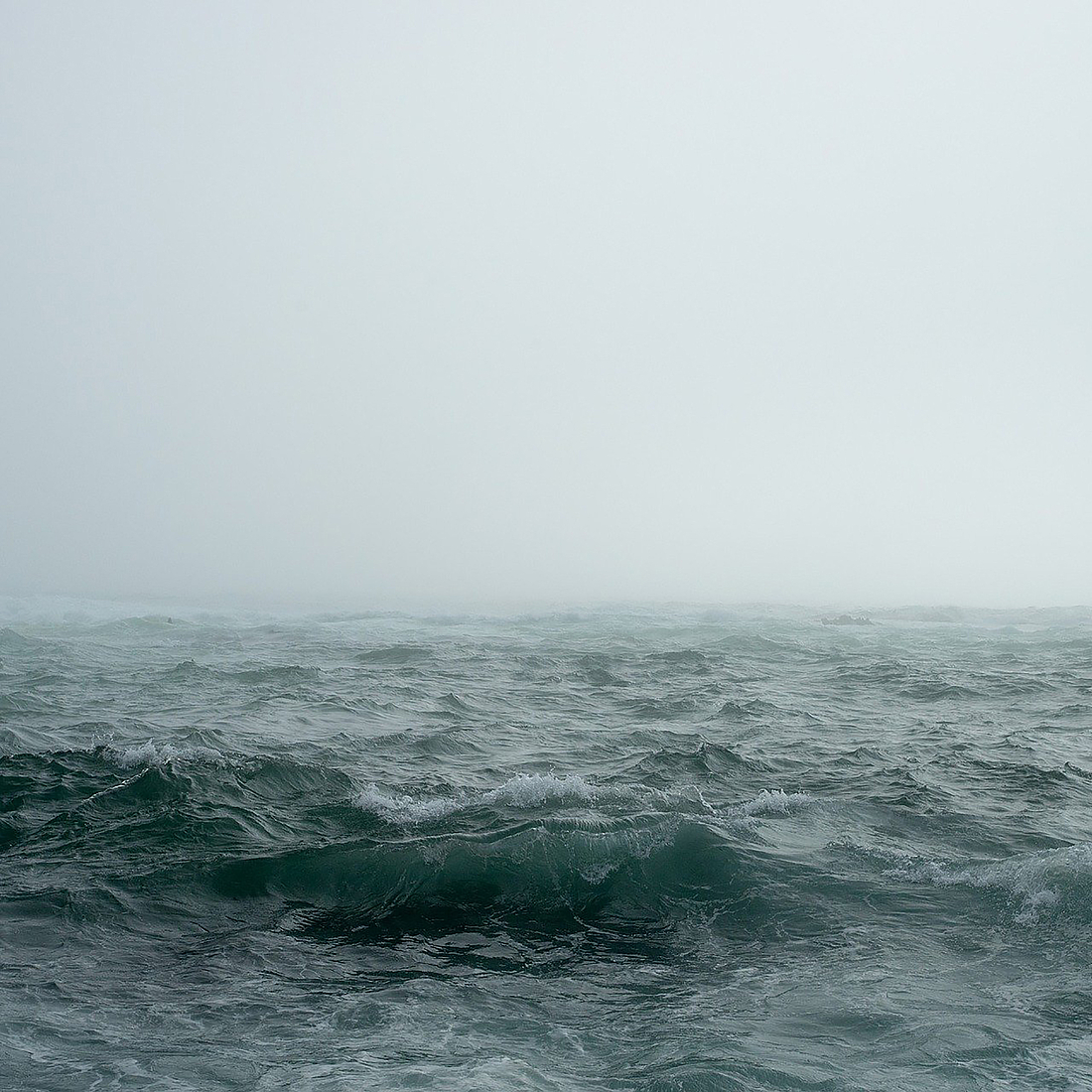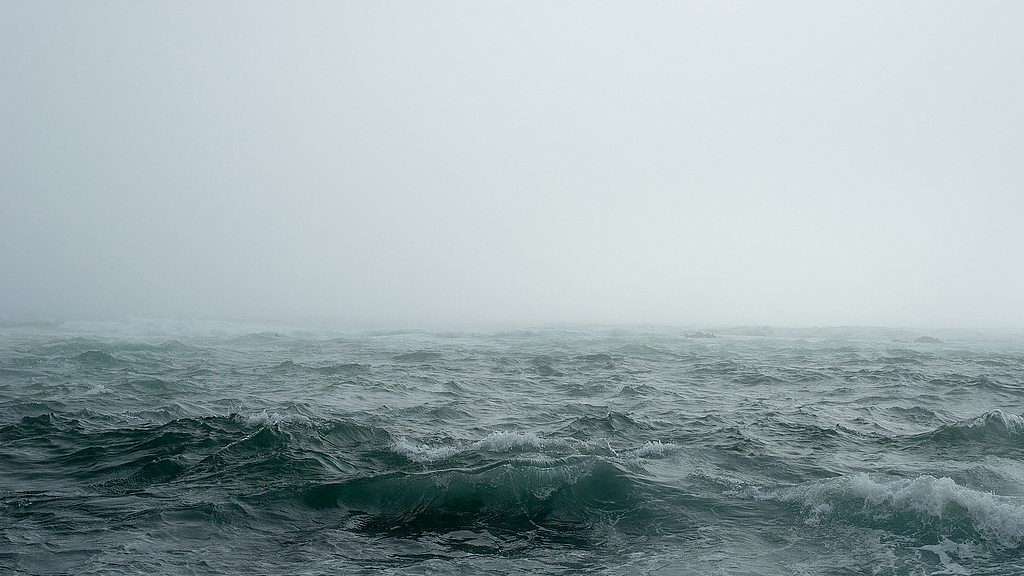A Civil Ocean – A Naval Space
Das Netzwerk aller maritimen Museen in der Nordsee lädt zu dem Online-Workshop "Ein ziviler Ozean - ein maritimer Raum: Die Verhandlung der Grenzen zwischen Krieg und Frieden auf See" ein, an dem sich auch das Deutsche Schifffahrtsmuseum beteiligt. Interessierte können sich für den englischsprachigen Workshop am 2. und 3. Juni bis zum 31. Mai anmelden. Die Teilnahme ist kostenlos.
A Civil Ocean – A Naval Space: Negotiating Boundaries between War and Peace at Sea – Workshop of the Northern Sea Maritime Museums’ Network, online, 2nd-3rd of June 2022 (2 pm-2 pm)
Please register till the 31st of May, 4 pm CET with the German Maritime Museum: schilling@dsm.museum
You will receive the link after registration. Artefacts and paintings in maritime collections and open-air cultural heritage at the Northern Sea Coasts reflect relics of the First and Second World War. They determine a strong impending naval flavor which is connected to a specific memorial regional identity. Rethinking maritime history though needs to reformulate the role of naval history in a new frame to distill its present-day political importance.
The workshop aims at a general re-interpretation and re-formulation of naval history in a wider international context. It wants to promote a dialogue between maritime and more general fields of historical, political, and sociological sciences. It asks about the role of the sea as a space where boundaries between justice and non-justice, between liberty and sovereignty, between war and peace were negotiated. It evaluates the specific role of the sea as a space of political and economic interaction and looks at the role of the sea as a framework for technological innovations at the threshold between military and scientific institutions.
It aims at addressing the manifold cultural interdependencies between sea and land with respect to the question if and how war and peace influenced or even formed these interdependencies, be that the navy fashion in Imperial Germany or individual biographies of sea men fluctuating between naval and civil sea fare. It also aims at including vessels as carriers of either peaceful dreams or imperial projects, often united in one ship’s history.
Many technological innovations are made because of financial efforts put into problem solving which promised consistent military advantages. Thus, a sometimes-hidden military agenda accompanies the history of technology. To reveal this hidden agenda helps to show under which circumstances technological innovations were made and to ask, how and when they also were applied to non-military usages. At the same time, it also wants to look at the transfer and influence of scientific concepts on military technology. In a very broad context, it helps to get a differentiated view on the ‘dis-interestedness’ of technological innovations and the place of these innovations in specific social and political constellations. The panel encourages explicitly to look at the theme of ship building and risk management in times of peace and war.
The sea as a space for trade and as a space, whose resources are evaluated on a global scale, influences the boundaries between war and peace immensely. The Panel focusses on the interaction between naval sea fare and trade as well as between military interests and civil trade shipping as well as fishing. It aims at discerning intertwined political agendas regarding economic and political interests, asking if and how the sea gives these interdependencies a specific setting either prolonging or accelerating political conflicts in general.
Program
2nd of June 2022
2 pm-2:15 pm Introduction and welcome: Ruth Schilling (German Maritime Museum)
2:15 pm-3 pm Keynote: In the Line of Fire. Dutch Merchant Seamen in the Second World War (Anita van Dissel, University of Leiden)
3 pm-3:15 pm break Session 1: interests at war (chair: Ursula Richenberger)
3:15 pm- 4 pm Prizing Apart a System of International Law (Suzanne Foxley, University of Oldenburg/ German Naval Museum)
4 pm-4:45 pm Smuggling blockade-running and privateering during the Anglo-Danish war of 1807-1814 (Jann Markus Witt, German Naval Association/ Naval Memorial in Laboe)
4:45- 5:30 Nothing learned? – German naval strategy in WW I and II (Jörg Hillmann)
5:30-6 pm open discussion
3rd of June 2022 Session 2: resources (chair: Annette de Wit)
9-9:15am Les Liasons dangereuses: Worldwide Dutch naval group deployments and national economic, foreign and navy interests, 1970-1988 (Anselm van der Peet, Netherlands Institute for Military History)
9:15-10 am The First World War and the Destruction of the Norwegian Natural Ice Exports (Eyvind Bagle, Norwegian Maritime Museum)
10 -10:45am Navy as Key Technology: The Torpedo Research Institute Eckernförde and the Rural Communities in Schleswig (Beate Winzer)
10:45-11:00 break Session 3: Material culture (chair: Anne Tove Austbo)
11:00-11:45 WW1 in Norwegian collective memory (Elisabeth Solvang Koren, Norwegian Maritime Museum)
11:45-12:30 Heaven, Hell or Hoboken: HAPAG, NDL and the AEF, 1917-1919 (Christina Ziegler McPherson, German Maritime Museum)
12:30-13:15 final discussion


